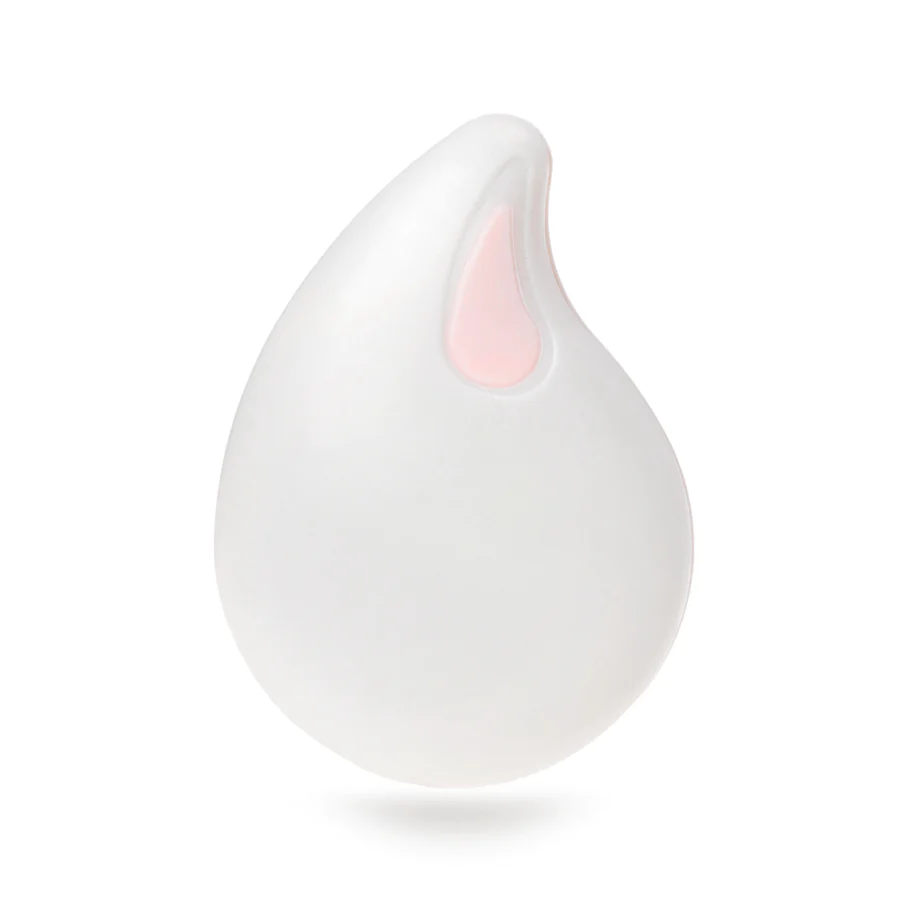Unveiling Anovulation: How It Affects Your Fertility Journey
What is Anovulation? A Comprehensive Overview
Updated February 14, 2024.

Anovulation: a term that, shockingly, holds the answer for nearly 30% of women who are yet to conceive. But for women in their reproductive prime, this term marks a deep and rather personal journey. And as the adage goes, knowledge is power. So, let's explore this phenomenon together.
Recognizing Anovulation
Anovulatory Cycle Symptoms
A delicate balance between estrogen and progesterone, maintained through regular ovulation, is at the core of your menstrual health.
Anovulation happens for a number of reasons, but it's usually linked to an imbalance in the hormones. Your hormones work together to regulate the menstrual cycle and ovulation. When their levels are disrupted, you may miss your ovulation event or experience anovulatory bleeding.
Note:
A true menstrual period is a bleed that follows confirmed ovulation. An anovulatory bleed is when we shed the uterine lining but we did not ovulate.
Can You Have a Period Without Ovulating?
As mentioned above you may experience anovulatory bleeding, however this is not a true period. Sometimes, ovulation doesn't happen, or is very delayed in your menstrual cycle but you may still experience a bleed, which is often confused with a period. This bleed is known as an intermenstrual bleed. This bleeding pattern can look and feel just like a regular menstrual bleed, but it's caused by different hormones.
Note:
The other type of bleeding we commonly experience is a withdrawal bleed which occurs when we are on hormonal birth control and take the placebo/sugar pills. This bleed is also not a true period, as it does not follow ovulation and is caused by a drop in the levels of hormones that your pill provides.
What Happens to Your Eggs If You Don't Ovulate?
Ovulation is the process of releasing a mature egg. If you are not ovulating you may not be maturing these eggs or are not reaching adequate hormone levels or hormone balance necessary to release the egg(s). Without ovulation, you can't conceive, but this also means you can't produce any progesterone, which is an essential hormone to remain healthy.
» Looking to monitor your BBT? Try the Tempdrop monitor with a new and improved fabric armband
Understanding Variability
Is It Normal to Not Ovulate for One Month?
The occasional anovulation can happen, and it's nothing to worry about. But, if you are missing ovulation for more than 3 months with previously regular cycles or more than 6 months with previously irregular cycles you should seek medical care and further workup. You should continue to track your whole cycle, including ovulation, to spot irregularities.
Period vs. Ovulation
Remember, not every bleed means you're ovulating. You could be experiencing anovulatory bleeding due to hormonal imbalances, stress, extreme weight changes, or medications.
One way to begin assessing for potential impending ovulation is to look for cervical mucus. Fertile cervical mucus is reflective of a developing egg/follicle and a rise in estrogen. After ovulation, our cervical mucus tends to dry up or return back to a baseline pattern unique to each woman. In anovulatory cycles, depending on the underlying cause, cervical mucus may not be present at all or it may come in various waves before actual ovulation is achieved.
Tracking cervical fluid alongside additional tools such as BBT (basal body temperature) and LH testing (OPK kits) can be helpful in identifying ovulation.
Diagnosing and Managing Anovulation
Tracking your fertility markers (cervical mucus, BBT and LH testing) is your first step to understanding whether or not you are ovulating. As mentioned above, if you were previously ovulating but then notice a change then you should seek medical care and request a further workup to get a clear diagnosis of why you are not ovulating. A proper diagnosis helps you to ensure you are given the correct treatment options for your specific condition which ideally include a combination of diet, lifestyle, mindset, herb/supplements, and medication if indicated.
Navigating Your Fertility Journey with Anovulation
Tracking your cycles is key to identifying regular ovulation and understanding your fertility and optimal health. Tempdrop is a beautiful tool to understand your cycles, confirm whether you are ovulating, and track progress over time.
Remember that it is still possible to achieve a successful pregnancy and to get cycles back on track even if you are seeing anovulatory cycles. If you suspect anovulation, make sure you seek guidance and appropriate diagnosis and treatment from a trained healthcare professional.










